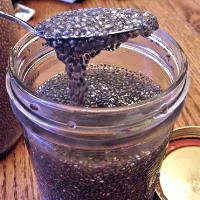(BRUSSELS) – Significant improvements and changes to the novel food authorisation procedure are promised from the European Union’s new Regulation on Novel Food which is applicable from 1 January 2018.
‘Novel Food’ can be newly developed, innovative food, food produced using new technologies and production processes, as well as food which is or has been traditionally eaten outside of the EU.
The new Regulation (EU) 2015/2283 on novel foods repeals and replaces Regulation (EC) No 258/97 and Regulation (EC) No 1852/2001 which were in force until 31 December 2017.
It includes an expanded definition for novel food to account for innovation and technology advances in the food sector, a centralised EU-wide authorisation system of novel foods and of traditional foods from third countries, a list of all authorised novel foods in the EU, and data protection provisions for the applicants.
The regulation was welcomed Wednesday by the European Commission: “These changes will make the process of authorising and placing novel food on the European market simpler, quicker and more applicant friendly, while fully ensuring food safety,” said Commissioner for Health and Food Safety Vytenis Andriukaitis.
“We hope that this will add to the variety already present on the EU market of healthy, nutritious traditional and innovative foods,” he said.
Before being authorised all novel foods must be scientifically proven to be safe to public health. The authorisation then sets out the conditions for their use, their designation as food and labelling requirements.
Examples of Novel Food include new sources of vitamin K (menaquinone) or extracts from existing food (Antarctic Krill oil rich in phospholipids from Euphausia superba), agricultural products from third countries (chia seeds, noni fruit juice), or food derived from new production processes (UV-treated food (milk, bread, mushrooms and yeast)).



